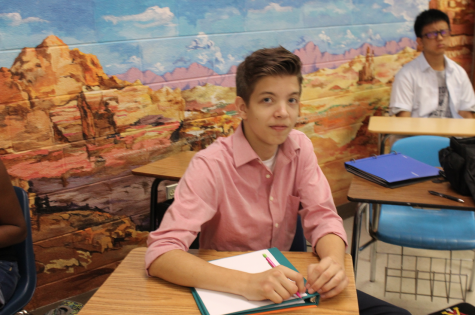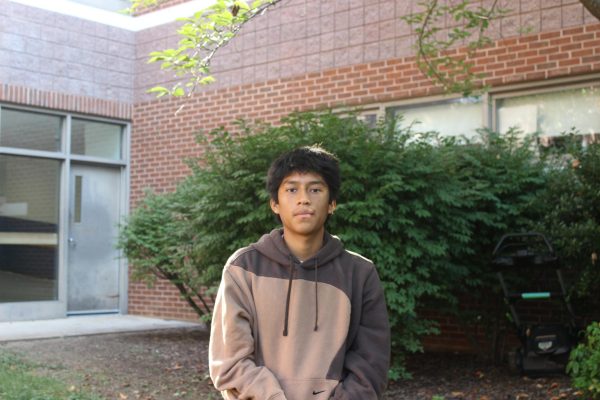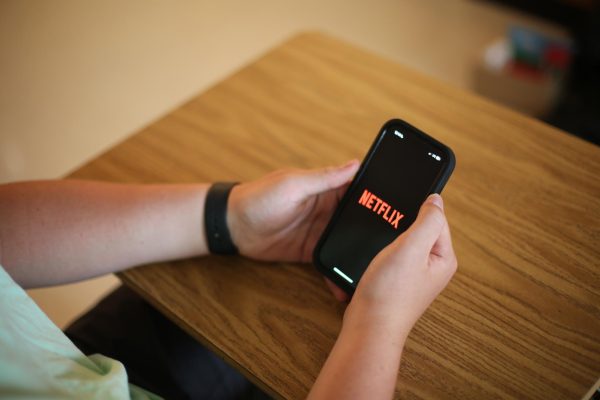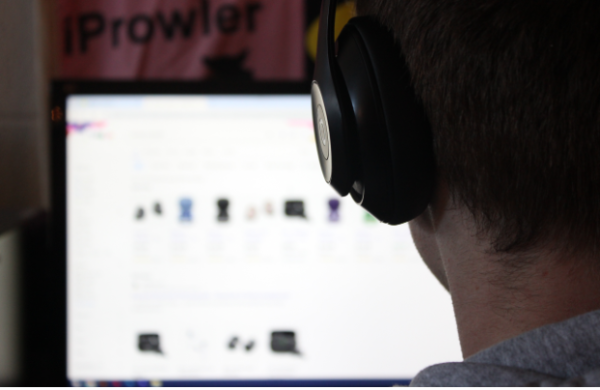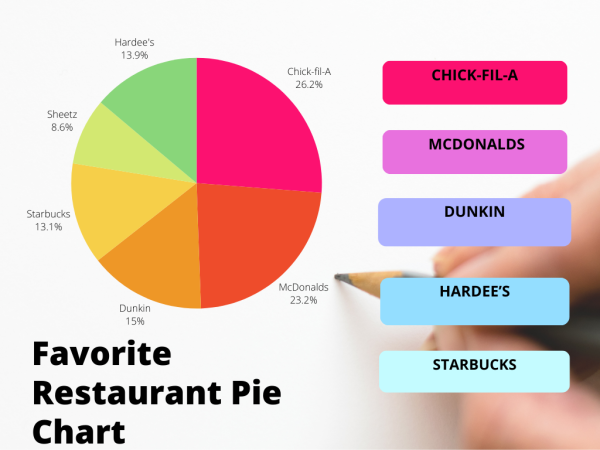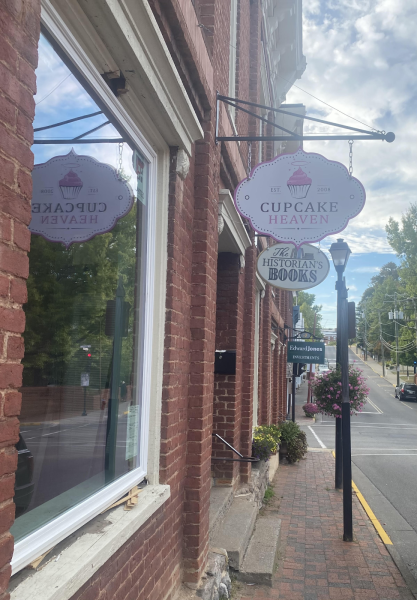The Meaning of Individualism is Changing
March 14, 2018
We are not individualistic. America, as a nation, is known to put an extremely high stress on individualism. But, as I am sure you have noticed at some point, people with unpopular unique ideas are rarely socially accepted. I have seen people are shunned and shamed for thinking the way that they do, as an individual. Constantly, people in our community, state, and country preach that being yourself is the most beautiful and important action one can do. At many points, when people say they work towards individualism, they are truly created a social crack by labeling and segregating people into specific groups.
Our society makes the biggest deal about the idea of individualism, but nobody really believes it. Children are taught to be different, but as they grow up, they realize that being different means that they are not socially accepted. Not only youth, but adults feel a social pressure to fit in, act normal, and be like everyone else. That is not individualism.
The philosophy of individualism promotes the ideas that the individual has all the power to come to their own conclusions, think independently, and be whoever they wish to be. However, this principle is hardly present in modern culture. Now, what is happening, is an organized isolation of people into specific groups. The needs of the individual are still put above the needs of the group, as in individualism, but people are not allowed to be singular. Currently, there is great pressure that everybody needs to identify with a group.
By forcing people to be part of a labeled group, many never learn to think for themselves. Many teenagers feel that to be acceptable to anybody, they must be part of a group or clique. Young people are not seeing the opportunities given to them as individuals. The culture of teens speaks so much of accepting the outsider, but many teens would not dream of truly accepting these people and would not be able to handle being alone in any sense of the word.
Prominently, a “my way or the highway” concept has taken root in many people’s minds. Spanning again between politics, social views, and what is considered normal, this concept sees that you agree with somebody’s beliefs, or you are wrong. Ironically enough, many of the people that see truth in this principle shroud the discrimination under a false label of acceptance and moral or political correctness. This ideal is unbeatable as it draws more and more people in with the thought that “if you believe this, you are right and above those who do not.” This, however, is not true. Anybody should be allowed to believe anything as long as those beliefs do not hurt others, or stop or shame others for their beliefs.
During the 2016 election, this excluding idea exploded and is still present in the aftermath. In our own community, I have seen people shunned and shamed because they had a different political opinion from the rest of a group. This was done because of what they believed, and it is unacceptable.
Political parties, religious groups, clubs and individuals scream about acceptance for all, love for all and complete respect to those who are different; however, if someone does not believe in every single thing the group wants, that person is considered disgusting, disposable and repulsive. Only based on the person’s individual opinion, he or she is seen this way. If someone does not identify with a larger entity with a clear label, that person is either forced into one or kept out of them all. We need to decide if we truly want people to think for themselves. We need to decide if we are really okay with people having other opinions. We need to decide how we are defining individualism.

